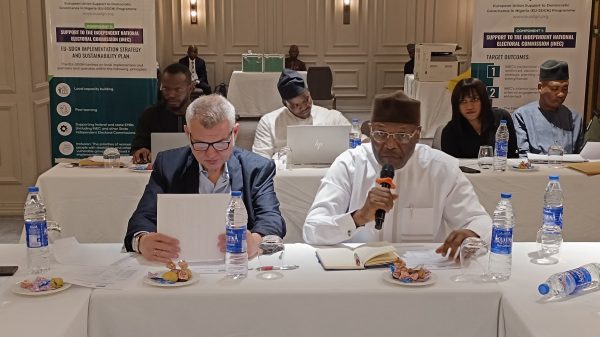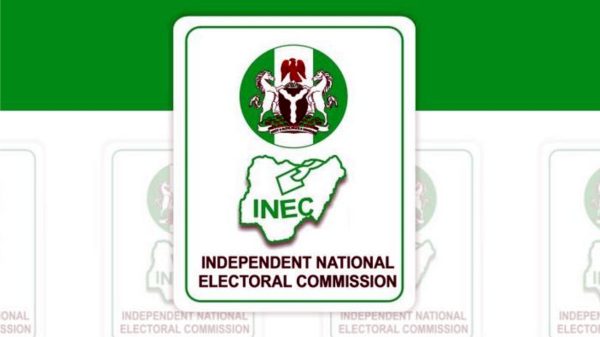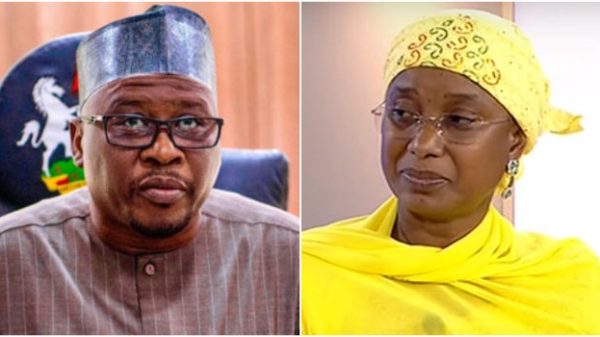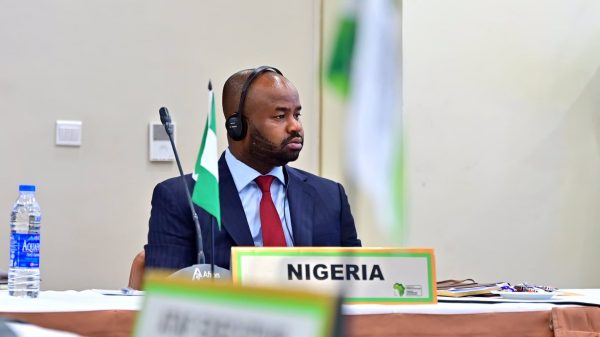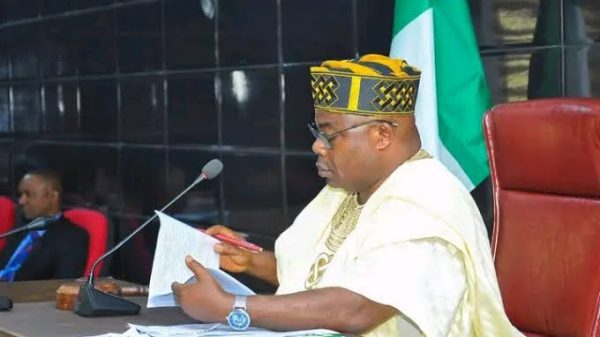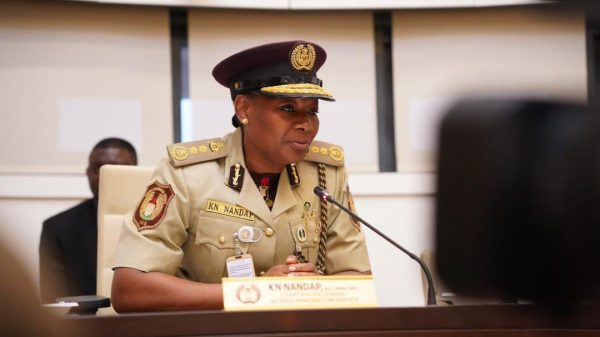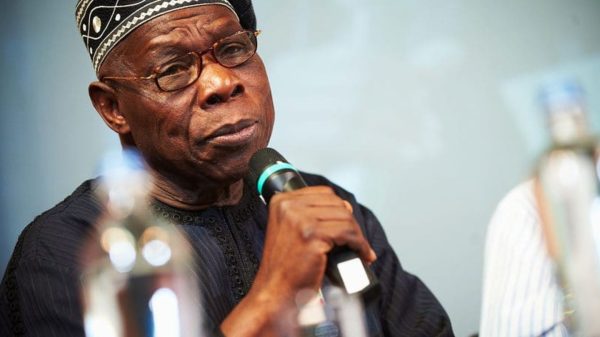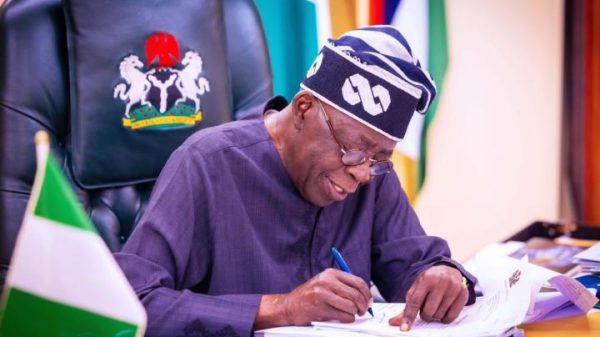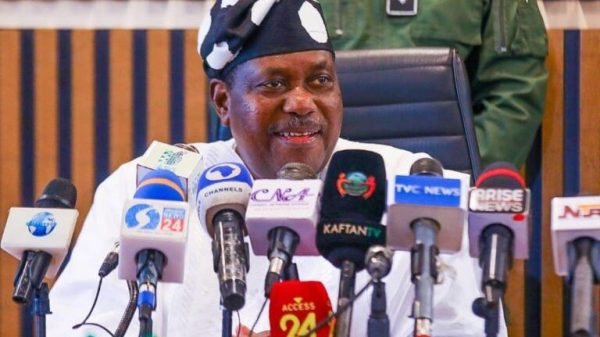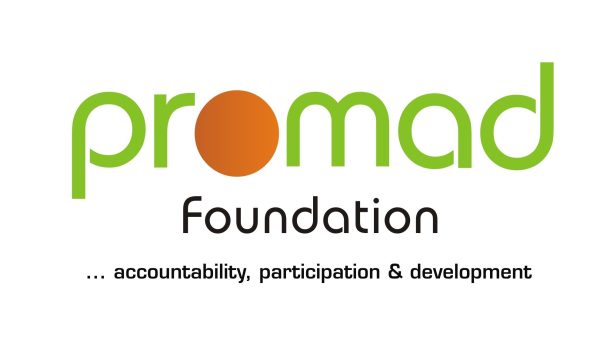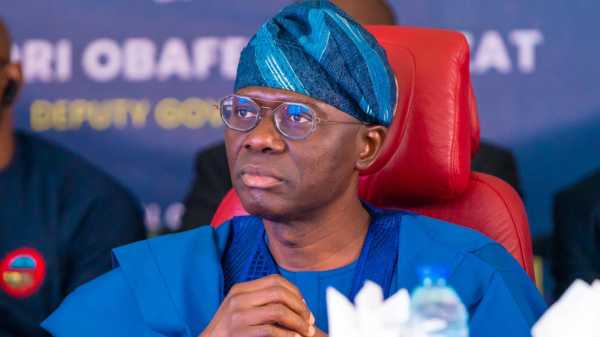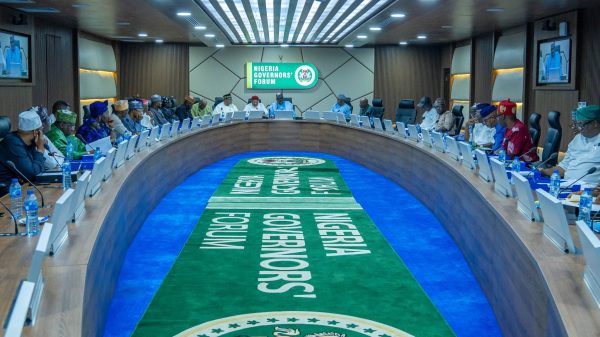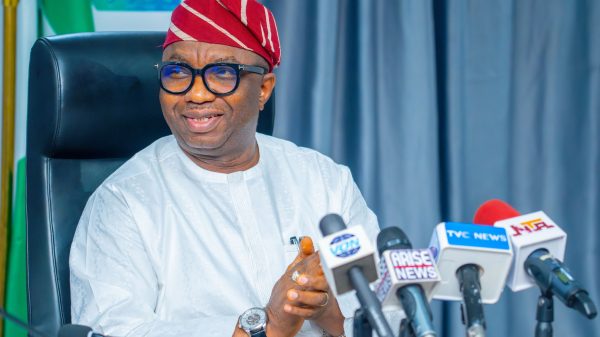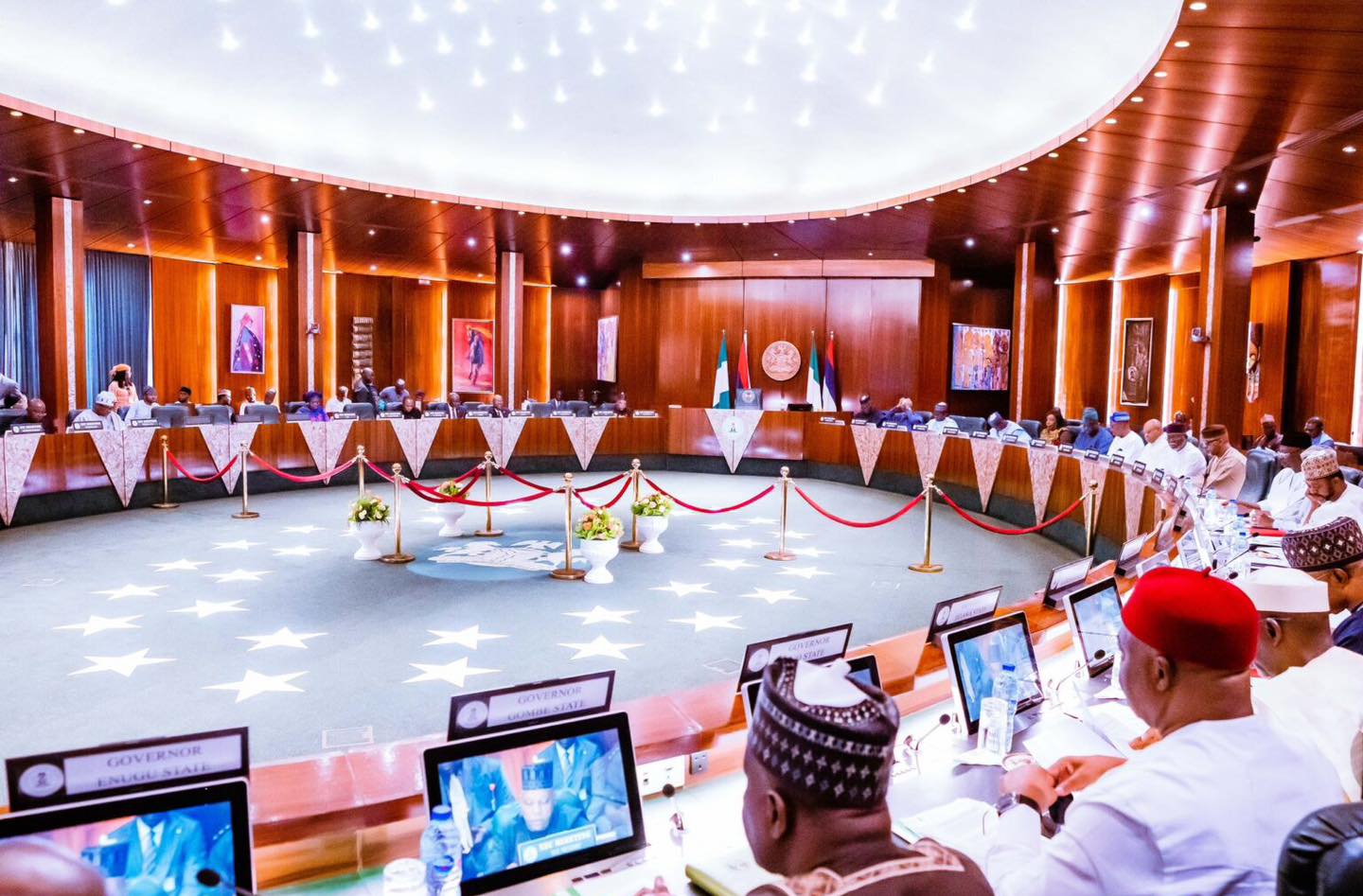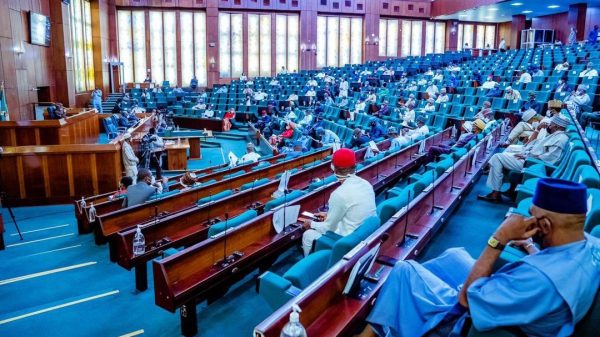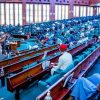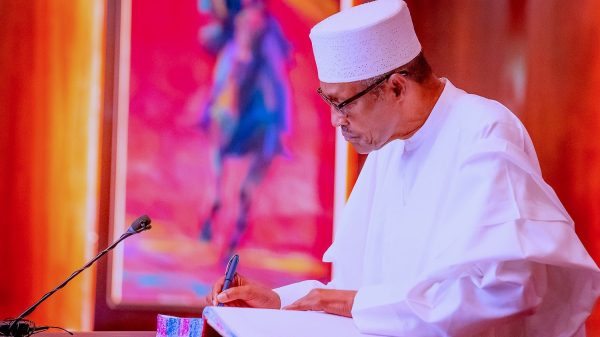The National Economic Council (NEC) has dumped the national social register used by the Muhammadu Buhari administration to implement N1.358 trillion conditional cash transfer in eight years.
The decision was taken on Thursday at the NEC meeting on Thursday at the presidential villa, Abuja.
The Guardian reports that the council revealed that the register is replete with integrity issues, adding that the criteria for its compilation were unclear.
NEC headed by the vice president is composed of the 36 governors of the federation, the governor of the Central Bank of Nigeria (CBN) group chief executive officer of Nigeria National Petroleum Company (NNPC) Limited, Mele Kyari and other representatives from the finance ministry and others.
Recall that barely eight days before leaving office, President Muhammadu Buhari signed into law the National Social Investment Programme Agency (NSIPA) bill, a programme of his administration that gulped N1.358 trillion in eight years for cash conditional transfer (CCT), home-grown school feeding programmes and N-Power among others.
Charles Soludo, governor of Anambra who addressed newsmen after the meeting, said contrary to what the previous administration projected, it is not possible to digitally transfer money to the poorest of the poor, the majority of whom are unbankable.
Also, his Bauchi and Ogun counterparts, Bala Mohammed and Dapo Abiodun, the Anambra governor noted that beneficiaries of the supposedly transferred cash could not be identified in the villages.
According to Soludo, NEC resolved that states would now come up with their own registers using formal and informal means to develop it, assuring that all beneficiaries at the subnational level could easily be accessed that way.
“We need to face the problem of the fact that we don’t have a credible register,” he said.
The governor further revealed that NEC deliberated on ways to cushion the impact of the recent petroleum subsidy removal.






